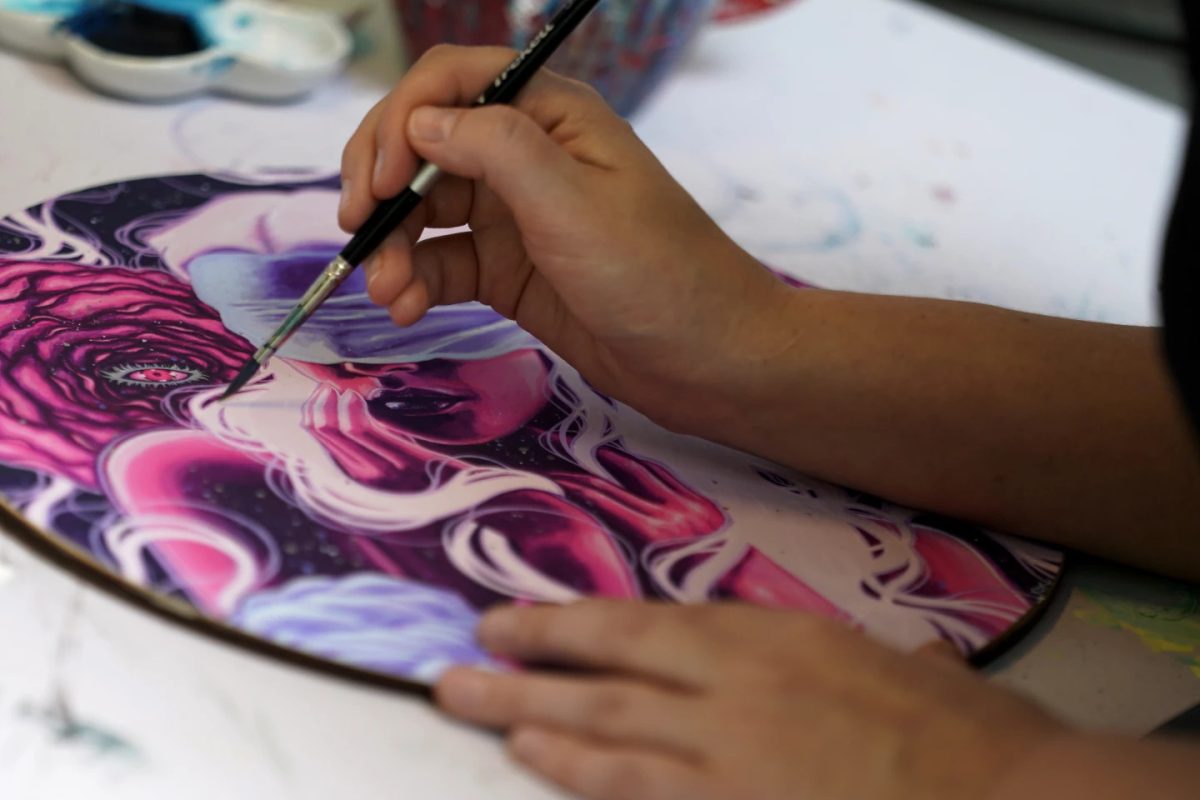How LSU teaches racism to students devalues the entire conversation into something of a pity party; it makes learning about racism a waste of time. In an effort to cater to a broad majority, LSU has taken the lessons surrounding race and soiled them into complex jargon that is difficult to comprehend.
Racism does not exist because people are unaware of the difference between racism and prejudice; it exists because of our unwillingness to embrace new friendships and face our internal presuppositions.
The intricacies of race are a deep subject full of terminology that is unfamiliar to most people and is worthy of long discussions and thorough analysis. These intricacies should not be spilt onto the desks of undergrads because they risk overcomplicating the steps of growth one takes.
Intense conversations about race should be had with people who actively seek such material. For example, I recently sat through a class where the professor taught us that only white people can be racist while other groups would be considered prejudiced. This stirred 20 minutes of questions with students dumbfounded by the definition. After thinking about it, I didn’t feel students had anything valuable to take home that encouraged them to diversify their inner circle or properly judge individuals.
History tells us that not all professors and racial theorists agree on the path towards liberation. Whether it be economic or political perseverance, college students should instead learn a more basic approach centered around new friendships and learned fears.
I was sitting in class listening to another lecture about multiculturalism when my leg began to tap up and down. Patience wears thin when I’m taught the solution to minorities’ issues lies in embracing multiculturalism as the solution to racism.
If you’re like me, you’ve sat through countless race lectures drilling systemic issues, but at what point are we preaching to the choir? Racial issues are definite in their presence, but reinforcing them in a class where only five people talk while the rest browse the web insults the struggles that people of color face. From what I can see, people are bored of the conversation and attaching a grade to this growth takes away from the pivotal reform needed for society.
I suspect multiculturalism is a ruse driven by the altruistic attempt to have all disenfranchised groups’ pleas thrown into one bucket as if they relate to each other’s problems. This stems from the multicultural approach many professors take in teaching the ideal society. Will the ideal ever exist? I think not. In short, multiculturalism fails to capture the imagination of the silent majority who sit idly by, waiting for class to end.
Another issue is that there are differences in how various groups experience and perceive racism, not to mention individual differences. Don’t get it confused; disenfranchised groups may suffer from common themes of Eurocentric beauty standards, social alienation and racial profiling, but the history behind the development of these themes are individual creations.
Simultaneously, disenfranchised groups do not make it any easier for each other. The assumption that people of color are on one another’s side is a fallacy. Despite what most classes teach you, white people are not the only problem.
Multiculturalism is a wonderful goal to strive for, but at what point are we dreaming of the impossible? As global immigration continues, every prosperous country will face the incoming of different cultures. Being taught that we should be embracing all cultures makes no difference to the groups being subjected daily to the aforementioned themes.
Considering all the nuanced lectures on the topic of multiculturalism, how many of these lessons are carried outside the classroom? I understand that people naturally feel more comfortable with people who look like them, but we need to branch out for real change to occur.
The friend groups I see around campus, in restaurants, and not to mention the obvious racial divide of Greek life all contribute to the continuation of racism and nullify the lessons taught in classrooms.
Sometimes, I ease my angst by accepting the incessance of racism. It has transcended time and space, making its way across borders and continents, as well as presently affecting minorities in the west who suffer from a Eurocentric system of oppression.
I wonder if this is just a human condition that will never be extinguished, regardless of whether we are judging people by race or food preference. It does seem like people rationalize the world in a hierarchical manner, one that aids in making sense of a life none opted to live.
I’m increasingly insulted to learn more and more of what is meant to pacify, only to walk outside to a world seemingly unchanged. I recognize the inviting liberal sway in universities; however, my life as a minority has taught me to be suspicious of people’s intentions, words and actions.
Universities, for all their efforts, are businesses catering to the feelings of students and public image. They want your money and potentially your post-grad donations, and therefore, posters and billboards will always say the right things.
This falls on us as students to concern ourselves with the composition of those we surround ourselves with and the silent thoughts in our heads. You must want to break the mold by taking individual steps toward accepting new cultures into your life and facing immediate suppositions with logical inferences.
Mohammad Tantawi is a 24-year-old mass communication senior from Smyrna, Tenn.







